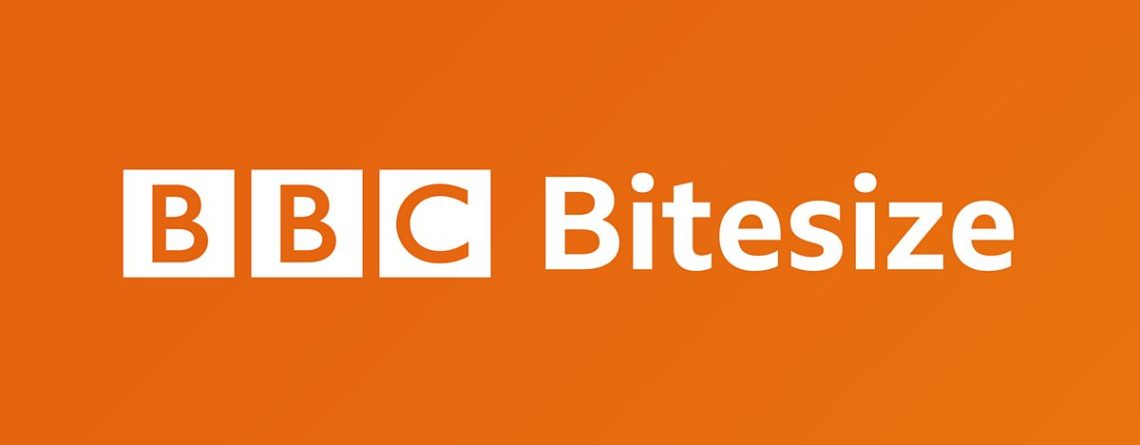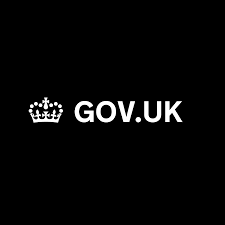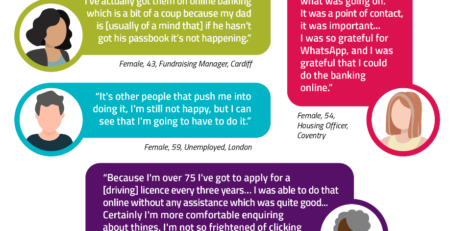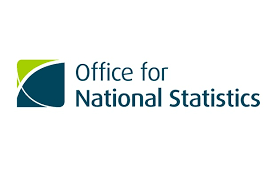Broadband-enabled BBC “Bitesize Daily” to help deliver remote learning across the UK
The last month has shown more than ever the importance of digital connectivity to all our lives. Despite some initial concerns in the media, the UK’s broadband and mobile networks have been able to comfortably accommodate traffic increases with existing capacity. There have inevitably been peaks in demand, but we are now seeing a general plateau pattern across the UK and Europe.
The UK’s public service broadcasters (PSBs) have seen increases in demand too. During the week 23-29 March, the BBC reported a record-breaking 198% increase in unique visitors to its BBC Bitesize website (4.8m, beating a previous record of 3.3m). Its children’s entertainment channels were also in high demand: with a 94% increase in requests for CBBC (10.6m). The last few weeks have seen record numbers of people using BBC Sounds too, more than 3.5 million each week, with listeners turning to live radio as well as on demand content.
Today – ordinarily the start of the summer term for most children and teachers now living in exclusively online classrooms – marks the launch by the BBC of a new and extensive educational initiative. The aim is to help ensure that every child in the UK has the opportunity continue to follow the appropriate core parts of their nation’s school curriculum during COVID-19.
The BBC’s expanded education offer will complement what schools are providing remotely, and as a standalone resource via its Bitesize service. A wide range of curriculum related learning will be available to children of all ages across all four nations, and will feature famous faces, top quality teachers, and cultural organisations like the Royal Shakespeare Company lending support.
Daily programmes will be shown on the BBC iPlayer and Red Button, with additional content delivered through the BBC Sounds app, as well as the Bitesize website.
This initiative is also geared to support the parents of schoolchildren who are home-schooling, with guidance on study schedules, advice, and extra resources via the BBC’s Facebook and Twitter channels, with Instagram offering help to teenage pupils with flashcards, subject guides, memes and lighter relief in the form of advice and encouragement from well-known faces.
Crucially, it is the ability of a PSB like the BBC to utilise a range of innovative digital platforms — that are powered by the UK’s broadband networks — to deliver content like this, and continue the information sharing, companionship and entertainment that make UK PSBs ever more a vital part of the fabric of our daily life. It is, as the UK Culture Secretary Oliver Dowden described the initiative, “public service broadcasting at its best and will make a big difference to millions of children across the UK while schools are closed.”
A major new package in support of online learning has also been launched by the Education Secretary Gavin Williamson. Vulnerable and disadvantaged young people will receive free laptops and tablets to ensure remote education is accessible for all; 4G routers will be provided for families of disadvantaged secondary school pupils and carers without internet access; and the country’s major telcos will make it easier for families to access selected educational resources by temporarily exempting these sites from data charges





